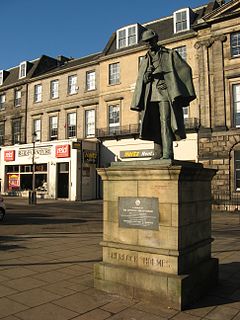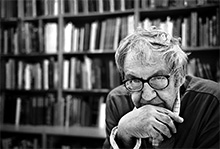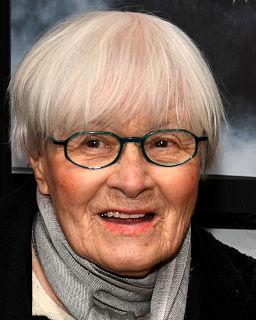A Quote by Robert Keith Leavitt
For me, photographs take their power from memory and emotion. A picture tells its own story, shaped by the mood or insights of the person you are at the time you see it.
Related Quotes
I like the idea all memory is fiction, that we have queued a couple of things in the back of our minds and when we call forth those memories, we are essentially filling in the blanks. We're basically telling ourselves a story, but that story changes based on how old we are, and what mood we're in, and if we've seen photographs recently. We trust other people to tell us the story of our lives before we can remember it, and usually that's our parents and usually it works, but obviously not always. And everybody's interpretation is going to be different.
What is true about a person? Would I change in the same way the river changes color but still be the same person?... And then I realized it was the first time I could see the power of the wind. I couldn't see the wind itself, but I could see it carried water that filled the rivers and shaped the countryside.
If you want me to explain the picture, if you put it in reality, then the mystery goes away. The situation just catches you and you think it is absurd or mysterious and you just take the picture. You dont want to see the bare reality of what happened. I took the picture as the picture, not as the realistic story of what happened.
The Danger of a Single Story”, which has resonated with me immensely every time I read it. “Power is the ability not just to tell the story of another person, but to make it the definitive story of that person. The Palestinian poet Mourid Barghouti writes that if you want to dispossess a people, the simplest way to do it is to tell their story, and to start with, “secondly.
It is a nostalgic time right now, and photographs actively promote nostalgia. Photography is an elegiac art, a twilight art. Most subjects photographed are, just by virtue of being photographed, touched with pathos. ... All photographs are memento mori. To take photograph is to participate in another person's mortality, vulnerability, mutability. Precisely by slicing out this moment and freezing it, all photographs testify to time's relentless melt
The story is the only thing that's important. Everything else will take care of itself. It's like what bowlers say. You hear writers talk about character or theme or mood or mode or tense or person. But bowlers say, if you make the spares, the strikes will take care of themselves. If you can tell a story, everything else becomes possible. But without story, nothing is possible, because nobody wants to hear about your sensitive characters if there's nothing happening in the story. And the same is true with mood. Story is the only thing that's important.
Basically, we've grown up very focused on the institution. The institution tells me what to do. It tells me where to go. It tells me what my career path is, and then I, sort of, attach my own personal desires, my own personal interests. I think we're living in a time where we're going to have to change - to put people in the center.
Time doesn't exist. It doesn't exist in any way. It's more subjective than real. Time doesn't exist. I believe in memory. Memory is the real inspiration. Memory creates time. Memory is pure power. Pure power and pure strength, and pure utilization of space and time (if time is something we can really ever label). But I don't believe in time itself.
Saudi Arabia is so conservative. At first there were photographs of women I took that I couldn't publish - of women without their abayas. So I started writing out little anecdotes about things I couldn't photograph and wove it in with a more obscure picture and called it "moments that got away". I realised these worked as well as the photographs by themselves. There are a lot of photographers who feel the story is all in the photographs but I really believe in weaving in complementary words with the pictures.
Each of us is our own story, but none of us is only our own story. The arc of my own personal story is inexplicably and intrinsically linked to the story of my parents and the story of my neighbor and the story of the kid that I met one time. All of us are linked in ways that we don't always see. We are never simply ourselves.


































